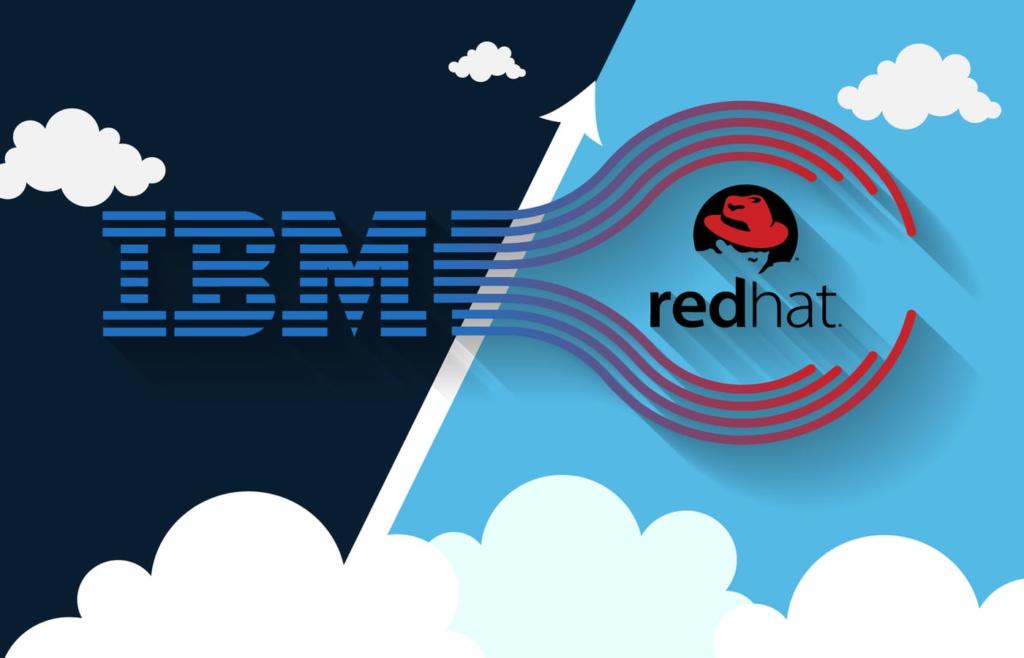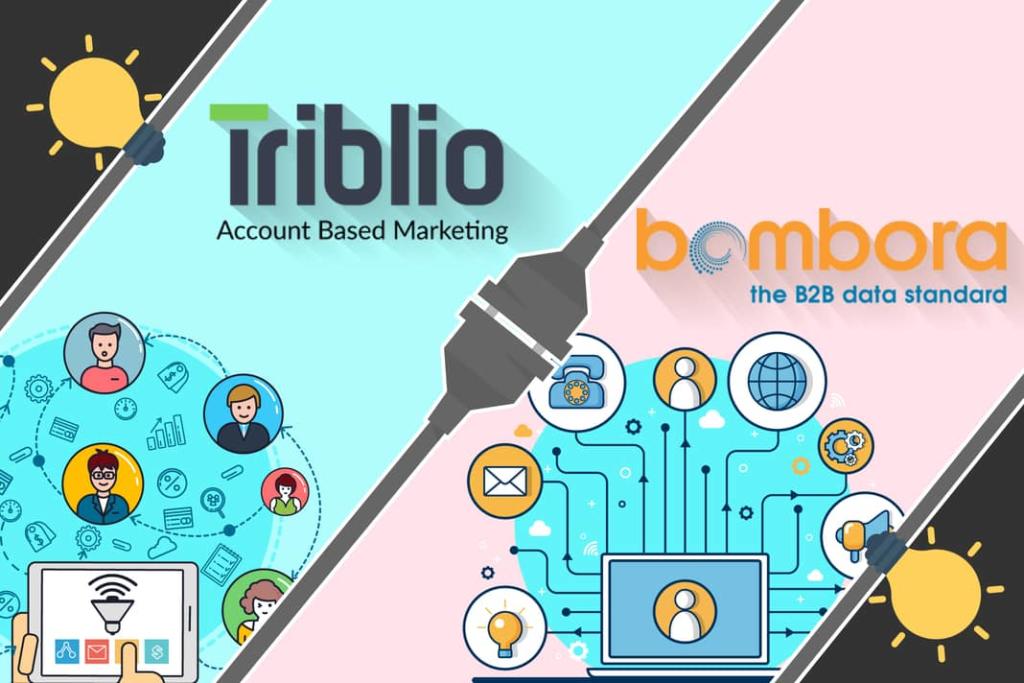$215 Billion MarTech Expenditure by 2027
Marketing technology is growing and the latest research indicates that spending on MarTech could be more than $215 Billion by 2027.

66% marketing teams have a Chief Marketing Technologist (CMT) in place as investment budgets. Marketing Technology (MarTech) has jumped from just 22% in 2017 to 29% making marketing technology. The single biggest investment area for marketing resources. This statistic was a consequence of a focused study that was conducted by Gartner in August. 2018 where they interviewed 621 marketing leaders spread across North America and the UK.
Market research firm Hansa Cequity found out that marketers have increased investment. Due to the rise of contextual marketing and the convergence of MarTech and AdTech. Leading CMOs across various industries need to get a better understanding of their focus areas. And as their investments are under constant scrutiny. They need to continuously review their spending priorities and justify them.
According to a Forrester Research report, investment in MarTech is likely to go up by 27% increasing the expenditure to more than $215 billion by 2027!
Digital and mobile technologies are rapidly evolving and this is propelling the financial industry into a transformative and adaptable era. So now in order to be successful and remain relevant, marketers need to be able to consolidate. Their customer data from all their online and offline sources to create a consistent customer profile.
This consolidation enables real-time decision making throughout the long-term customer lifecycle. Allow the marketers to interact with their audience over multiple channels with a consistent message.
Data-Centric Approach
The amount of data that will be gathered is overwhelming and for this reason. It is vital that the data be managed properly, responsibly and in an organized fashion. Data needs to be complete, accurate, relevant, consistent, timely. Usable and meaningful for it to help in the growth of the organization.
Data collection, management, and other such difficult processes are made easier by the implementation of a martech technology stack. For the uninitiated, in order to conduct and improve marketing activities, marketers leverage the various technologies at their disposal by grouping them into a marketing technology stack. This helps in measuring the impact of marketing activities and driving efficient spending.
Different Marketing Technologies
It is vital to know which marketing technologies are foundational and which should be applied first when assembling a marketing technology stack. There are some technologies that are essential:
- Content Management System (CMS)
This is the technology that powers a blog, website or any other relevant web properties where marketers will be engaging with their customers.
- AdTech
As advertising technology is a key customer acquisition technique, most marketers will use a combination of display ads, Search Engine Marketing (SEM), retargeting, and ad tracking.
Email Marketing comes built-in in an inbound marketing or marketing automation platform and as a key customer communications platform; every marketer needs it in their toolkit.
- Analysis and Insights
For the purpose of measuring digital marketing activity, marketers need to be able to access their data and by using third party or homegrown tools, marketers collect website analytics.
- Optimization of Experiences
Through personalization software and A/B testing tools, marketers are able to take action based on their analytics and make their campaigns more effective.
Different Channels
Different levels of investment are needed for different channels depending on the kind of marketing strategy and business strategy you have implemented.
- Social Media
Social activity and engagement can be monitored easily with the implementation of the appropriate technology. The impact of this marketing channel can even be maximized.
Marketing attribution can be tracked with the help of a CRM system and this supports the salesforce. By tracking all customer relationships, marketers can gain insights into their marketing campaigns which will influence customer growth and the sales pipeline.
- Search Engine Optimization (SEO)
So as to drive organic visitor traffic to your website domain, SEO pairs well with content marketing strategies and various tools that are made available to help in SEO-related initiatives.
B2B Partnership
Data intelligence helps bring in new business opportunities from different industries along with optimizing your marketing activities. In order to experience success, it is important to have an incredible team by your side. Partnering with the right agency will give your company access to a wide range of skills, in-depth expertise and thought leadership.
For further information and to experience B2B marketing success for yourself, contact us.



